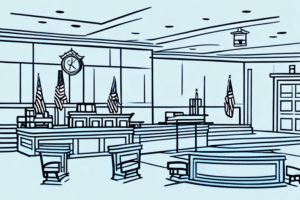Connivance: Its Impact on Separation, Divorce, and Family Law

Connivance is a defence where a spouse accused of adultery claims that the other spouse consented.
The availability of no-fault divorce has likely made the connivance defence less prevalent.
Connivance is sometimes used more broadly to describe when a person, in bad faith, ignores another person’s wrongful act or implicitly consents to its commission.
The relevance of connivance as a defence may vary depending on the jurisdiction and the availability of no-fault divorce.
While connivance involves consent to a specific act like adultery, collusion involves a mutual agreement to deceive the court for obtaining a divorce.
Although most commonly used in divorce cases, the term can also refer to ignoring another person’s wrongful act or implicitly consenting to its commission in other contexts.
Ken Maynard CDFA, Acc.FM
I assist intelligent and successful couples in crafting rapid, custom separation agreements that pave the way for a smooth transition towards a secure future. This efficient process is achieved in about four meetings, effectively sidestepping the excessive conflicts, confusion, and costs commonly linked to legal proceedings. Clients have the flexibility to collaborate with me either via video conference or in-person through a DTSW associate at any of our six Greater Toronto mediation centers, located in Aurora, Barrie, North York, Vaughan, Mississauga, and Scarborough.
Have a few questions - Tap here to Schedule a Get Acquainted Call

















































